India has been ravaged by the coronavirus, just like the rest of the world. Cases are still spiking, people are still dying, and that curve we tried so hard to flatten continues to make an agonizing climb upwards. However, some parts of the country are showing signs of respite, and that is particularly due to their response and handling of this unforeseen situation.
Kerala has only 16 active cases and has effectively flattened the curve, and the credit for this is largely being given to KK Shailaja, the state’s Health and Social Welfare Minister.
100 days after the first case in Kerala was confirmed, Chief Minister Pinarayi Vijayan has said they have been successful in containing the virus. This was due to timely intervention, detection and action by KK Shailaja. The state has managed to have India’s lowest mortality rate for this infection.
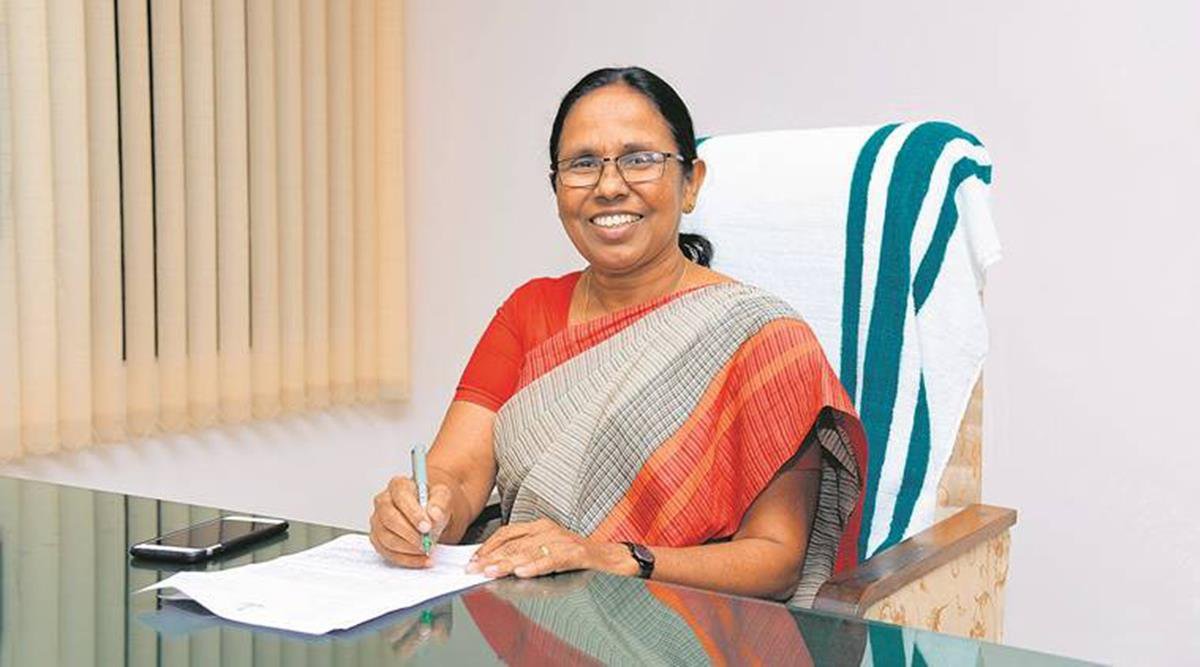
When she read about the virus in China, she formed a Rapid Response Team as there were students from Kerala studying in Wuhan University who would be returning,
From then on, they opened a control room dedicated to controlling the situation, made plans for isolation of people, and took stock of provisions of equipment like N95 masks and PPEs.
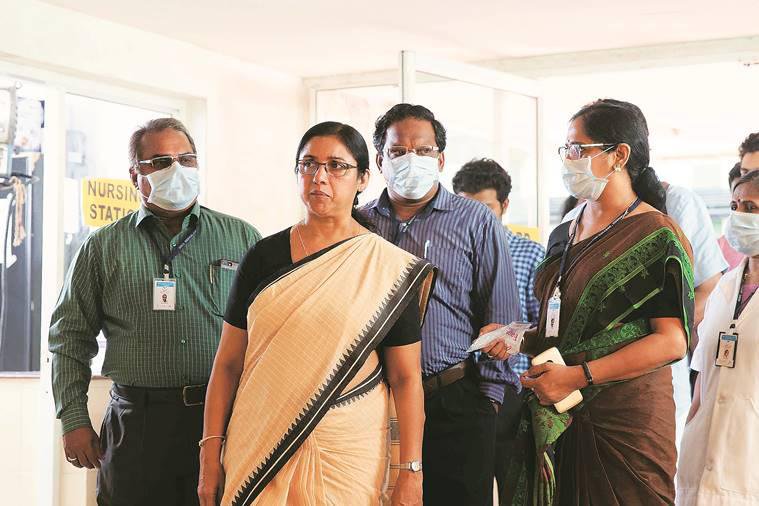
She set up 18 committees that report to her every day, and held daily press conferences conveying the need to break the chain. Kerala tested the most samples in India, followed by contact tracing and route maps.
Shailaja has a competent past to back it up – she is a former teacher, and is fondly known as Shailaja Teacher to many. In 2018, she was in charge of responding to the Nipah virus outbreak, which was unknown at the time.
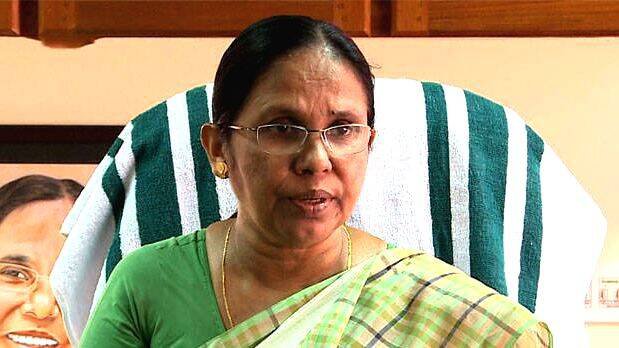
Shailaja’s systemic approach has been lauded by many, and the Kerala model is one that people say should be followed by the rest of the country.
Her focus on public health is quite evident, as she explained to Vogue,
Government hospitals should be patient-friendly, high-tech, and out-of-pocket expenditure must reduce. Primary healthcare units are very important, especially in rural areas, they now have testing labs and are able to catch early signs of different diseases.
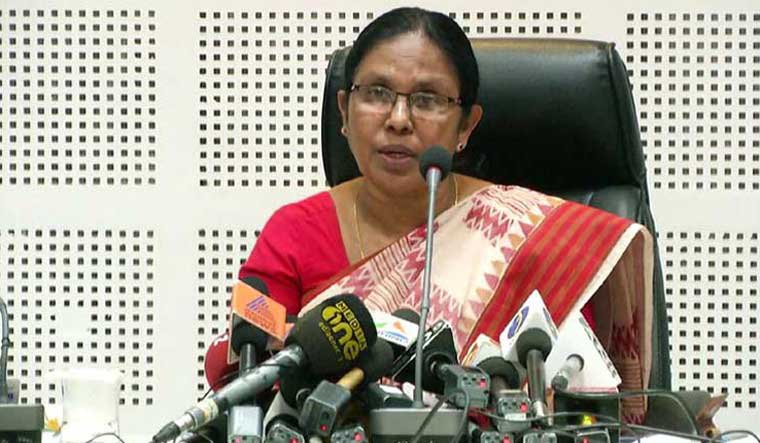
Novel practises have also been put in place to maximise utility – mid-day meals are delivered to students, prisoners were asked to stitch medical masks, and public companies manufactured sanitisers.
KK Shailaja’s methods have resulted in 462 people recovering from infections in Kerala, and only 3 deaths. Even patients of extremely old age have apparently been recovering thanks to the extra care being given to them.
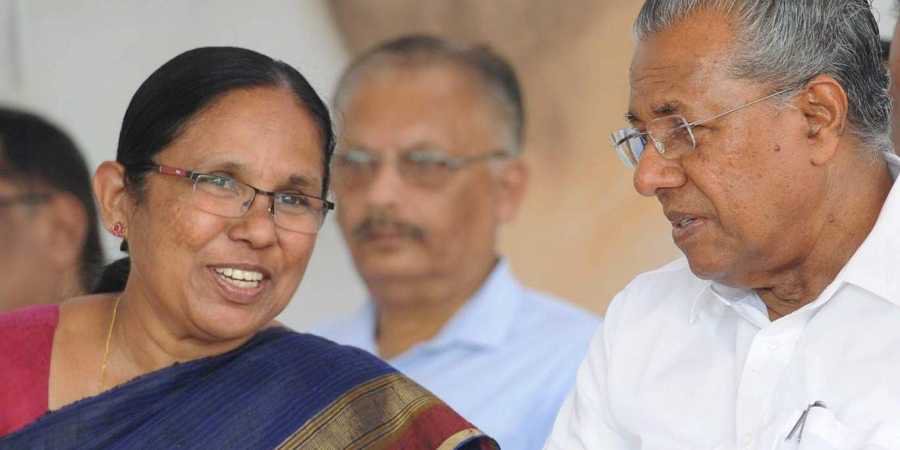
It’s heartening to see that at least one state has hope, and is moving in the right direction. If the rest of the country can follow by example, we might stand a chance of beating this virus without suffering too many losses.

















